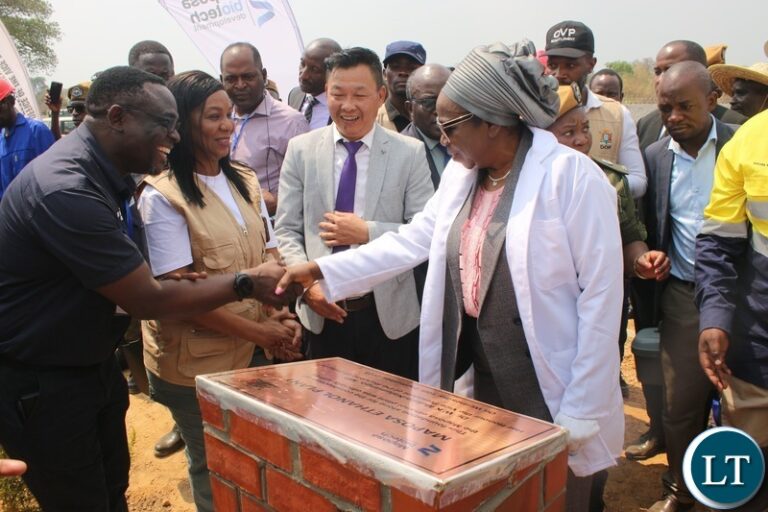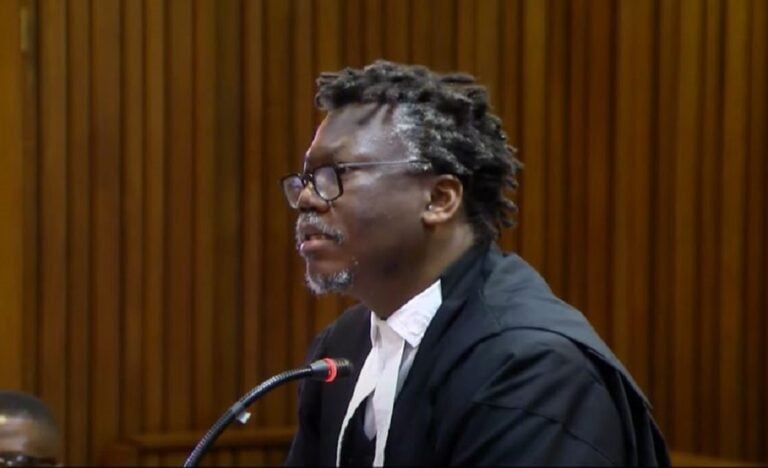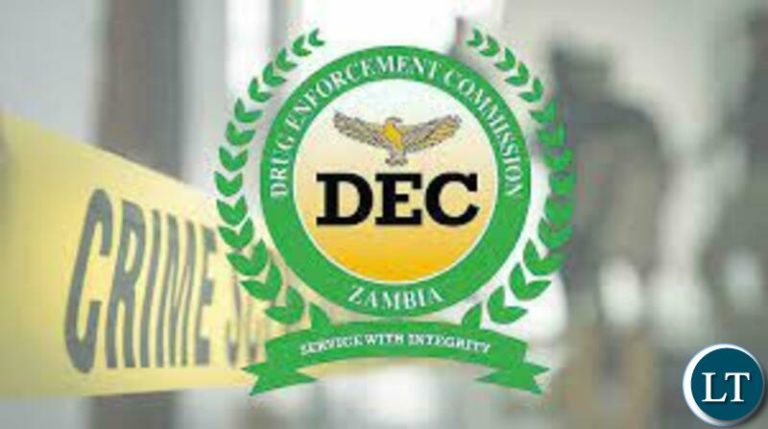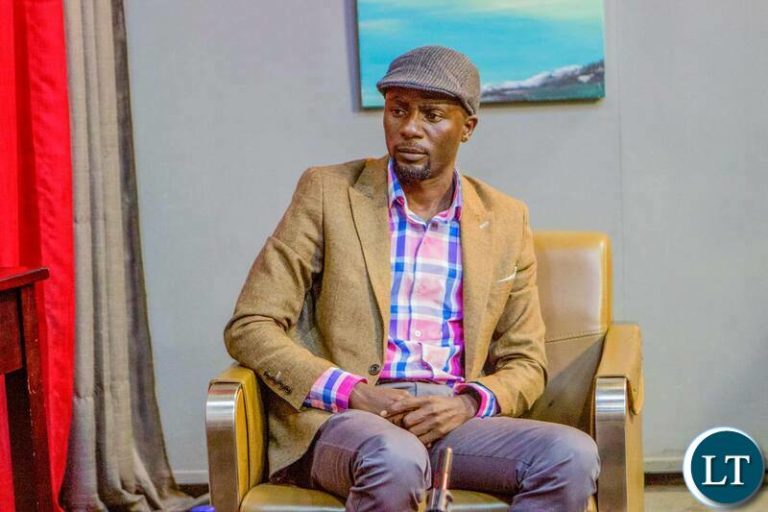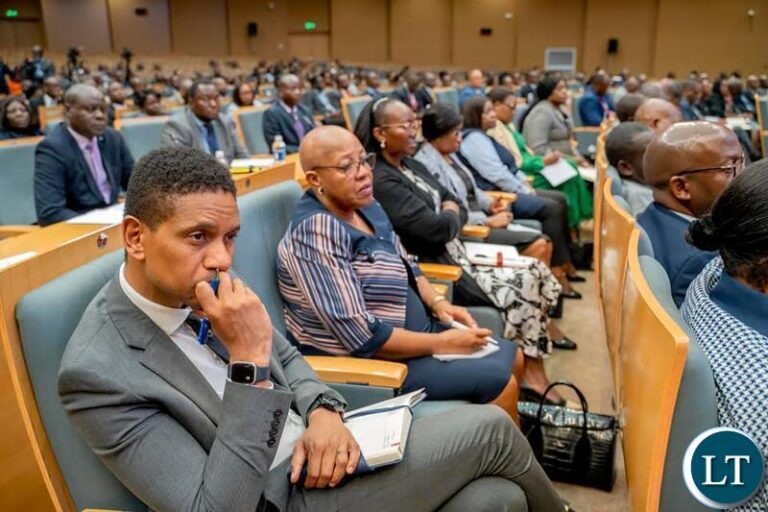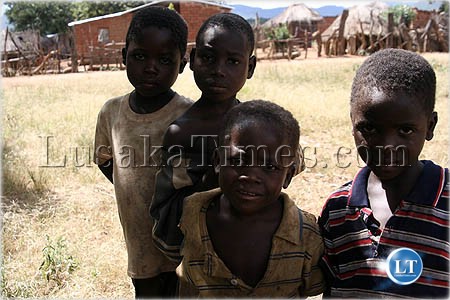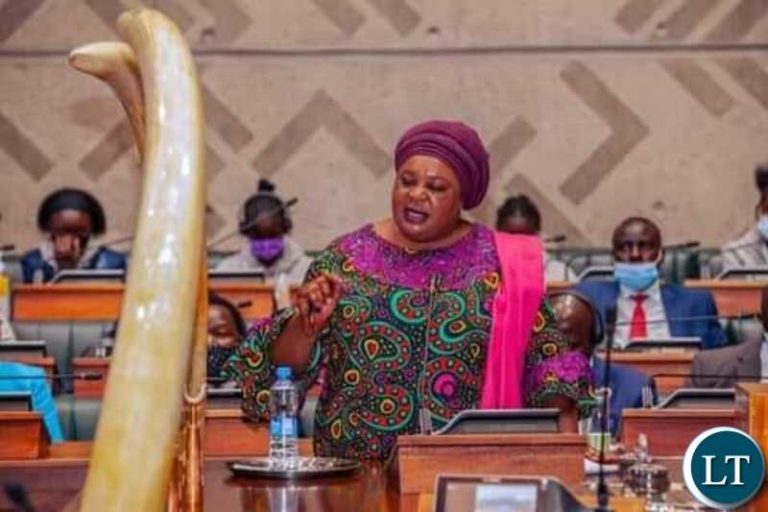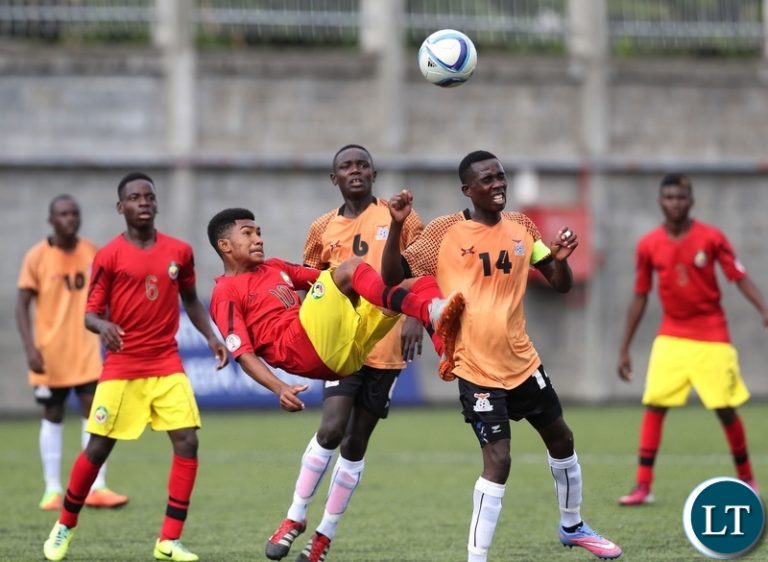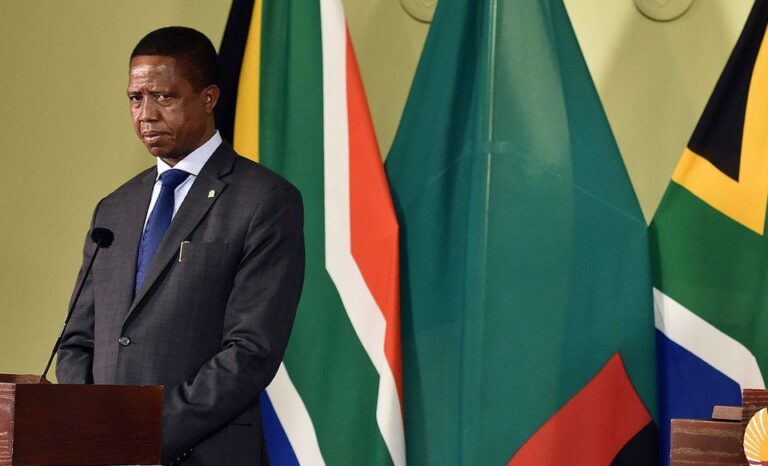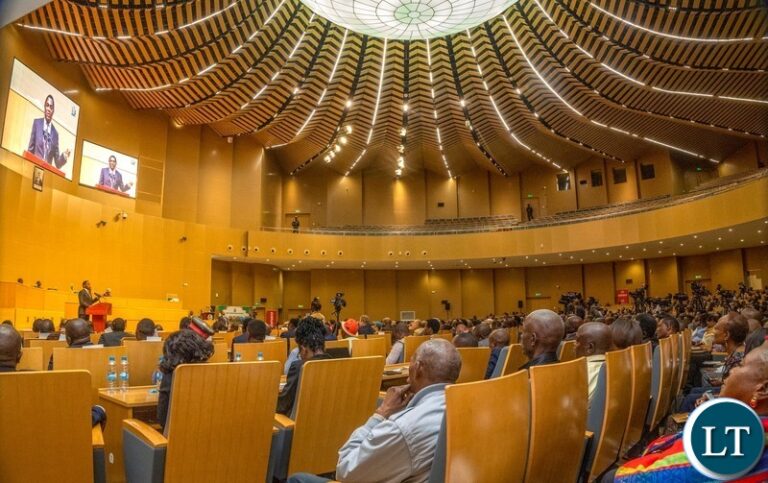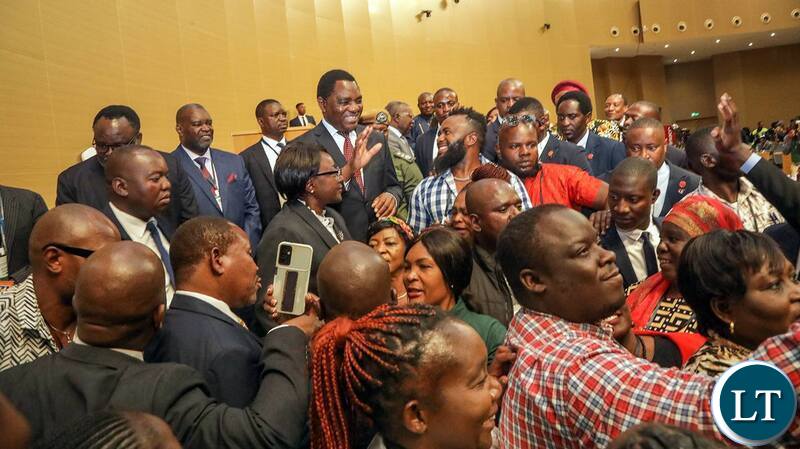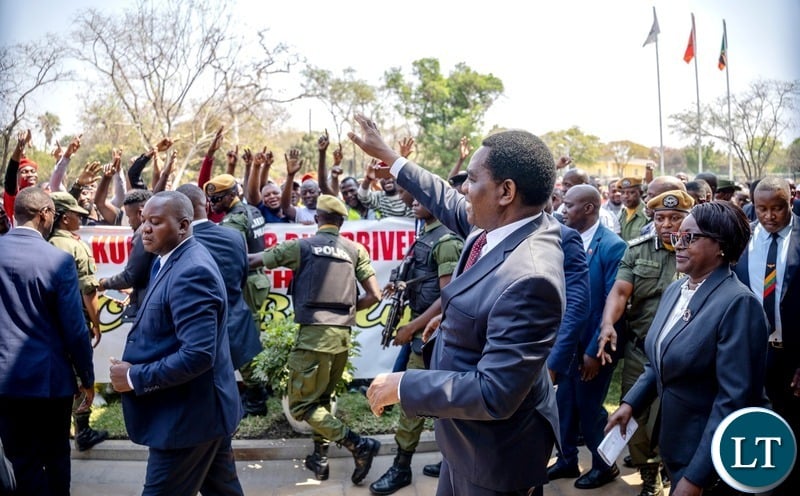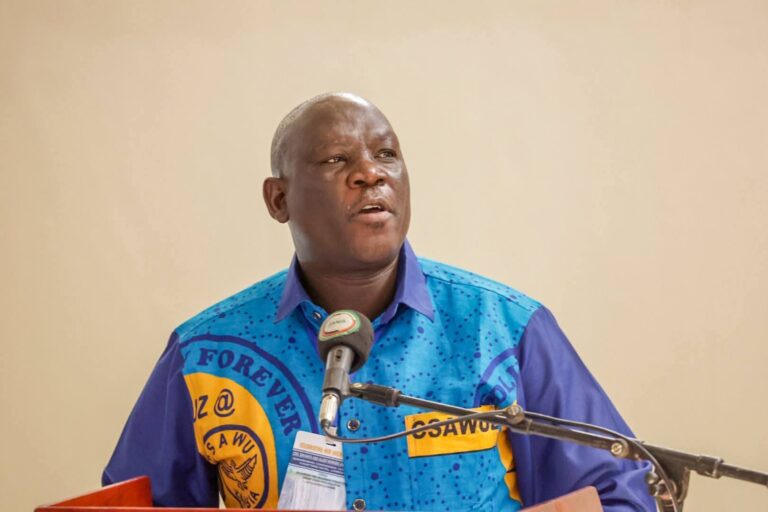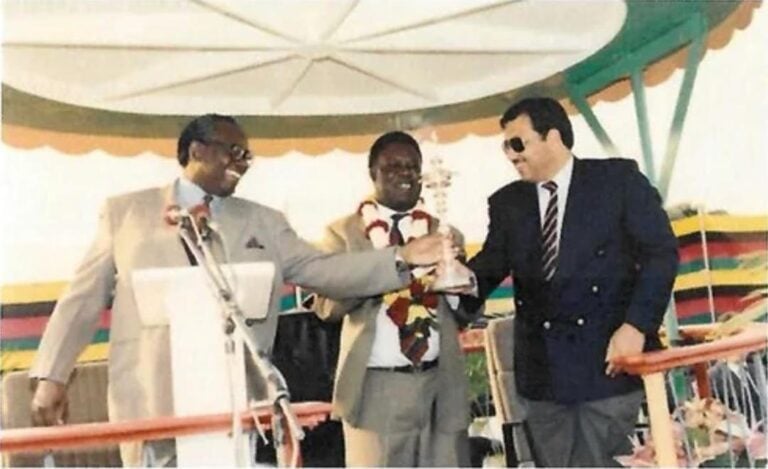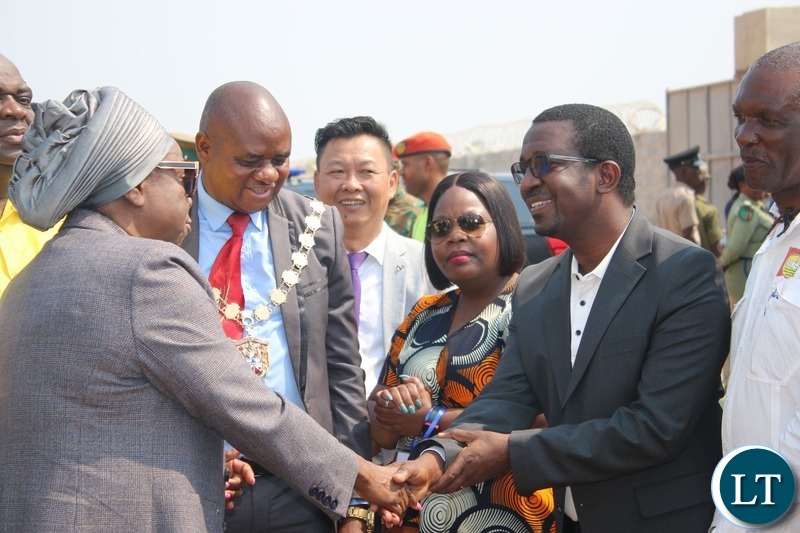
Vice President, Mutale Nalumango has called on farmers on the Copperbelt to start growing cassava as it is now a commercial crop and a key ingredient in the manufacturing of ethanol.
Speaking at the ground breaking ceremony for Maposa Biotech Development in Luanshya District, a company which will be manufacturing ethanol, Mrs Nalumango said the plant will create a market for cassava growers and jobs for the local people.
Mrs Nalumango stated that the construction of the Ethanol Plant has opened up a new chapter for the growth of resettlement schemes.
She said the Mapaso Ethanol Plant to be set up in a resettlement scheme, stands as a government’s resolve to transform resettlement areas into engines of economic growth and prosperity.
Mrs Nalumango disclosed that the resettlement schemes are undergoing transformation from simply allocating land to establishing centres of agriculture production.
She said government has made agriculture a key driver for the country’s economic growth.
“We want our country to move from importing goods to producing, processing and exporting our own products,” she said.
She further said the Maposa Biotech Development will be converting cassava to ethanol, making animal feed and organic fertilizer.
Mrs Nalumango said the project is an indication of government’s commitment to industrial growth, job creation, food security, and supporting smallholder farmers in line with the national development plan.
“As you are aware cassava is a vital crop nourishing our people and powering our industry and with this plant we aim to ignite cassava production across the nation,” she said.
And Maposa Biotech Development Managing Director, Cheng Qui Ping, said the operation of the plant will commence in May next year.
Mr Ping disclosed that the Ethanol Plant will be producing 50,000 litres of ethanol per day.
He said the company will be processing 200 metric tonnes of dry cassava daily and will require 50 hectares of cassava fields to be harvested every day.
Mr Ping noted that to achieve the daily production of ethanol, each household will be required to grow at least two hectares of cassava and this will require 25 households to meet the daily targeted production of ethanol.
“This plant has revived a promise to cassava farmers, it is a commitment to reducing poverty by providing an assured market,” he said.
Meanwhile, Copperbelt Minister, Elisha Matambo, said the project is significant to the people in the region as it is the first ever ethanol plant to be established within a resettlement scheme in Zambia.
Mr Matambo said the project is expected to create 200 jobs for the people in Luanshya.


